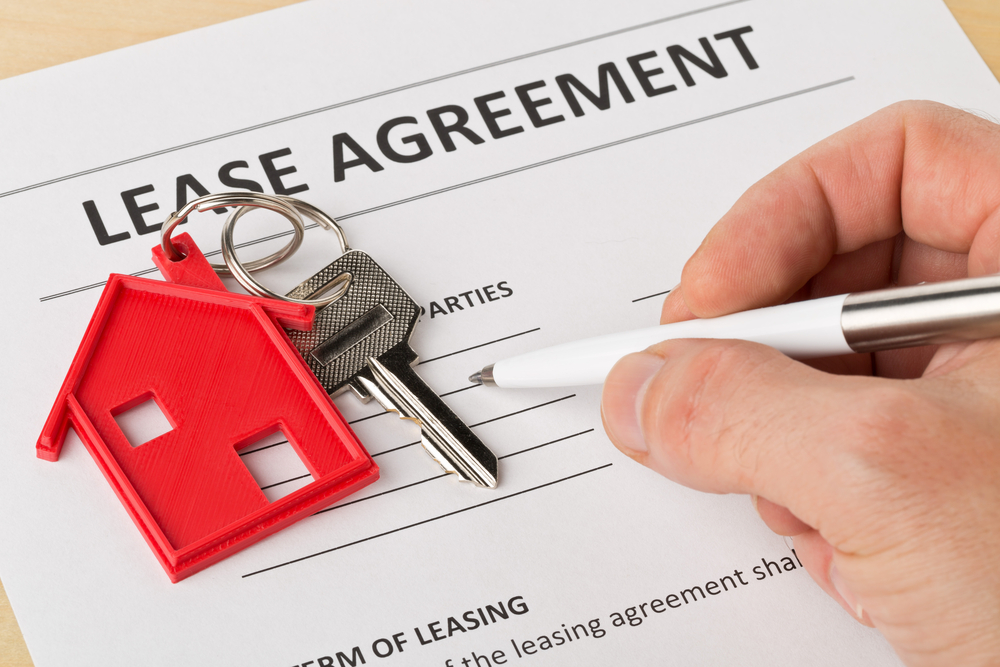When a landlord has a tenant who fails to pay rent, a landlord must file an eviction complaint at the local magisterial district court where the property is located. Once a complaint is filed along with a copy of the lease, a hearing is scheduled in two to three weeks. It is very important for the landlord to sue for both back rent and possession. The reason is if the tenant appeals he has to post the lesser of the rent in arrears or three months rent.

The hearing is very straight forward. The landlord testifies that the tenant has failed to pay rent and a judgment is entered in the landlord’s favor for the amount of rent owed plus court costs and the court will grant the landlord possession. The landlord can also be awarded attorney fees if they are in the lease. However, the landlord must have a valid rental license covering the period that he or she is requesting back rent.
After the magistrate judge enters a judgment and awards a landlord possession, the tenant has the right to file an appeal to the possession portion of the judgment within ten days. After the tenth day, the tenant can still appeal the money portion of the judgment within thirty days of the judgment, but the tenant can no longer appeal the award of possession. A tenant would file an appeal with the Court of Common Pleas in the county, where the rental property is physically located. When a tenant files an appeal, they ask the court to enter a Rule to Show Cause, which would require a landlord to file a civil complaint in the court within twenty days. An appeal is conducted de novo, which means a new hearing is required at the Court of Common Pleas and usually takes 9 months for the hearing to be scheduled in Delaware County.
If the tenant does not file an appeal within ten days of the judgment date and the tenant remains in possession of the property, the landlord must then file an Order of Possession with the district court on the eleventh day after the judgement date. The Constable will then call the Landlord in one to weeks after he files for the Order for Possession to arrange to meet him at the property, so the Constable can remove the tenant from the property and the landlord can change the locks.
When an appeal is filed by a tenant, the tenant is required to post with the court the judgment in the amount of rent in arrears or three months rent, whichever is less. If the tenant posts the rent with the court, the tenant will be granted a supersedeas, which means that the Constable cannot move forward with the actual eviction process while the appeal is pending. Furthermore, the tenant must deliver the notice of appeal to the magisterial district court to be granted the supersedeas and serve a copy upon the landlord.
In order to obtain the posted rent after a tenant files an appeal, a landlord must file an application with the Court of Common Pleas so the rent posted by the tenant can be released from escrow.
If a tenant is claiming they are indigent, the tenant can submit an affidavit stating they do not have the financial ability to post with the court the lesser of three months rent or the actual rent in arrears and the court would permit the appeal to proceed. If the tenant files this affidavit and has not paid rent in the month the appeal is filed, the tenant is merely required to pay one-third of their monthly rent payment at the time of appeal. The remaining two-thirds must then be posted within twenty days of the appeal. The tenant must then continue to pay rent every thirty days after filing the appeal with the court. When a tenant fails to post rent with the court, the landlord can terminate the superseadas by filing to terminate the tenant’s appeal with the Court of Common Pleas. If you are a landlord and need help evicting a tenant or getting possession, feel free to call Gregory J. Spadea at 610-521-0604.







